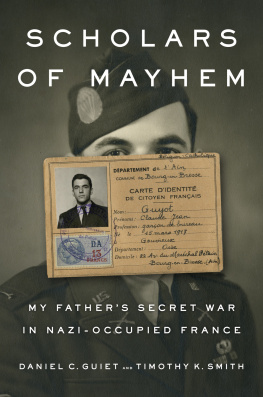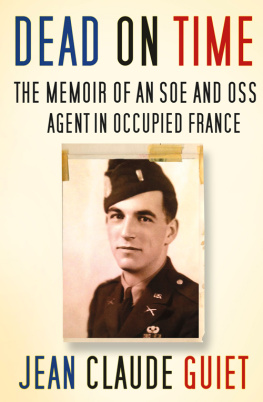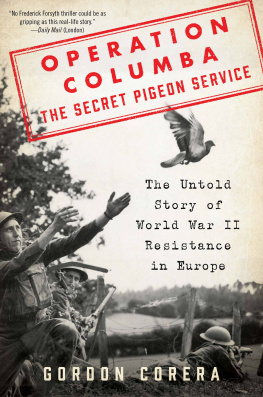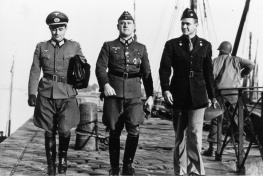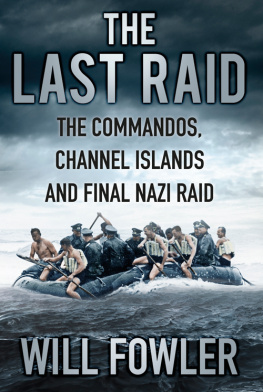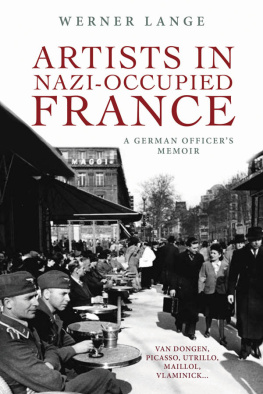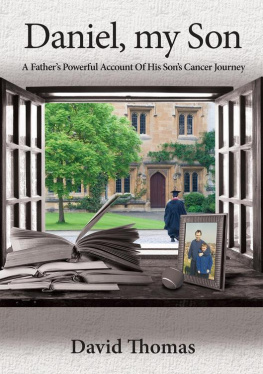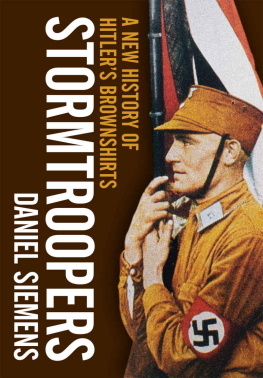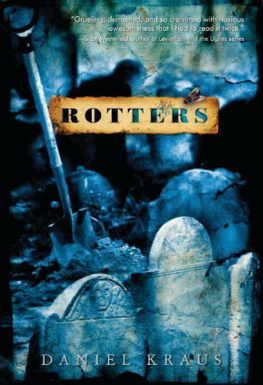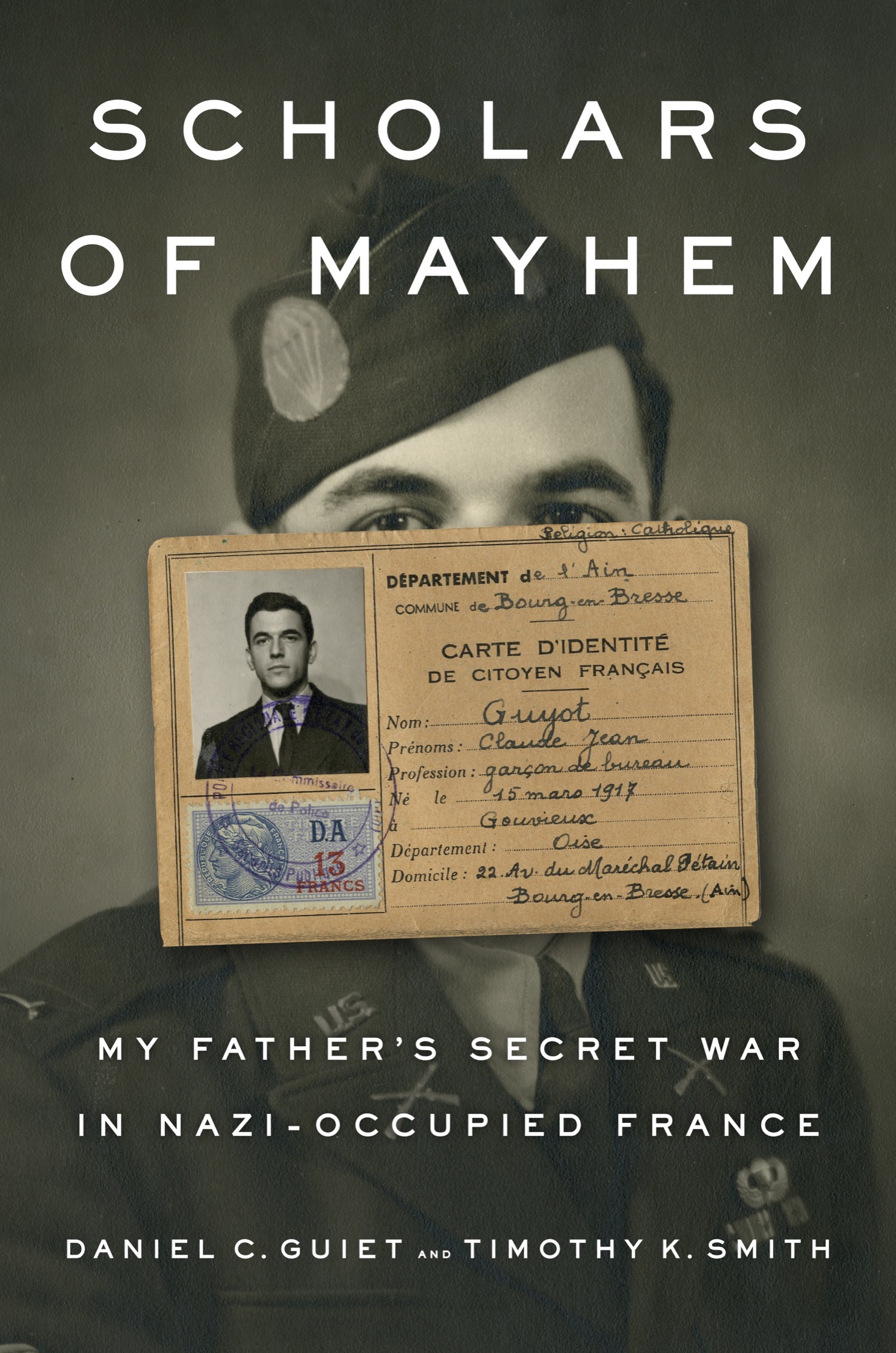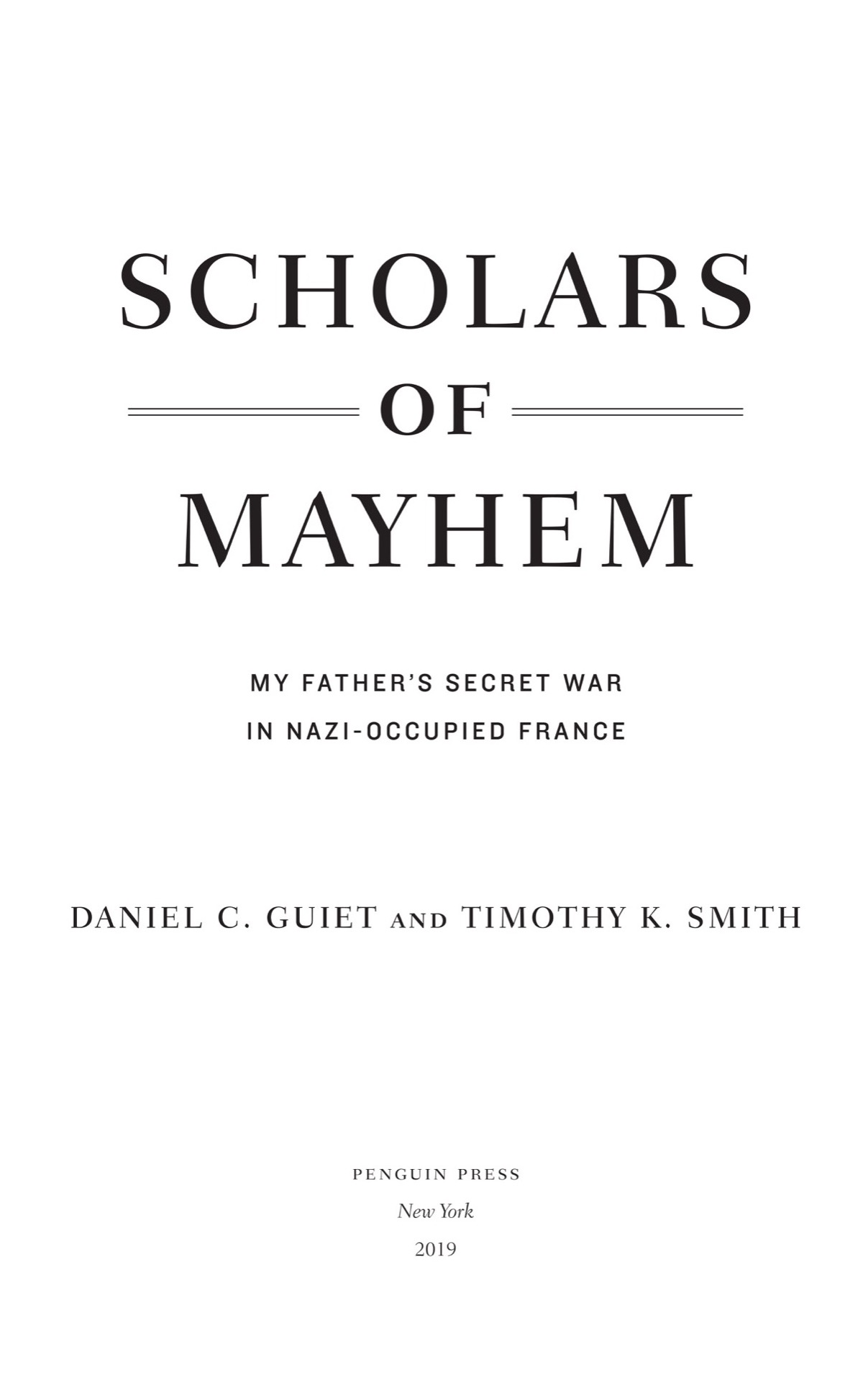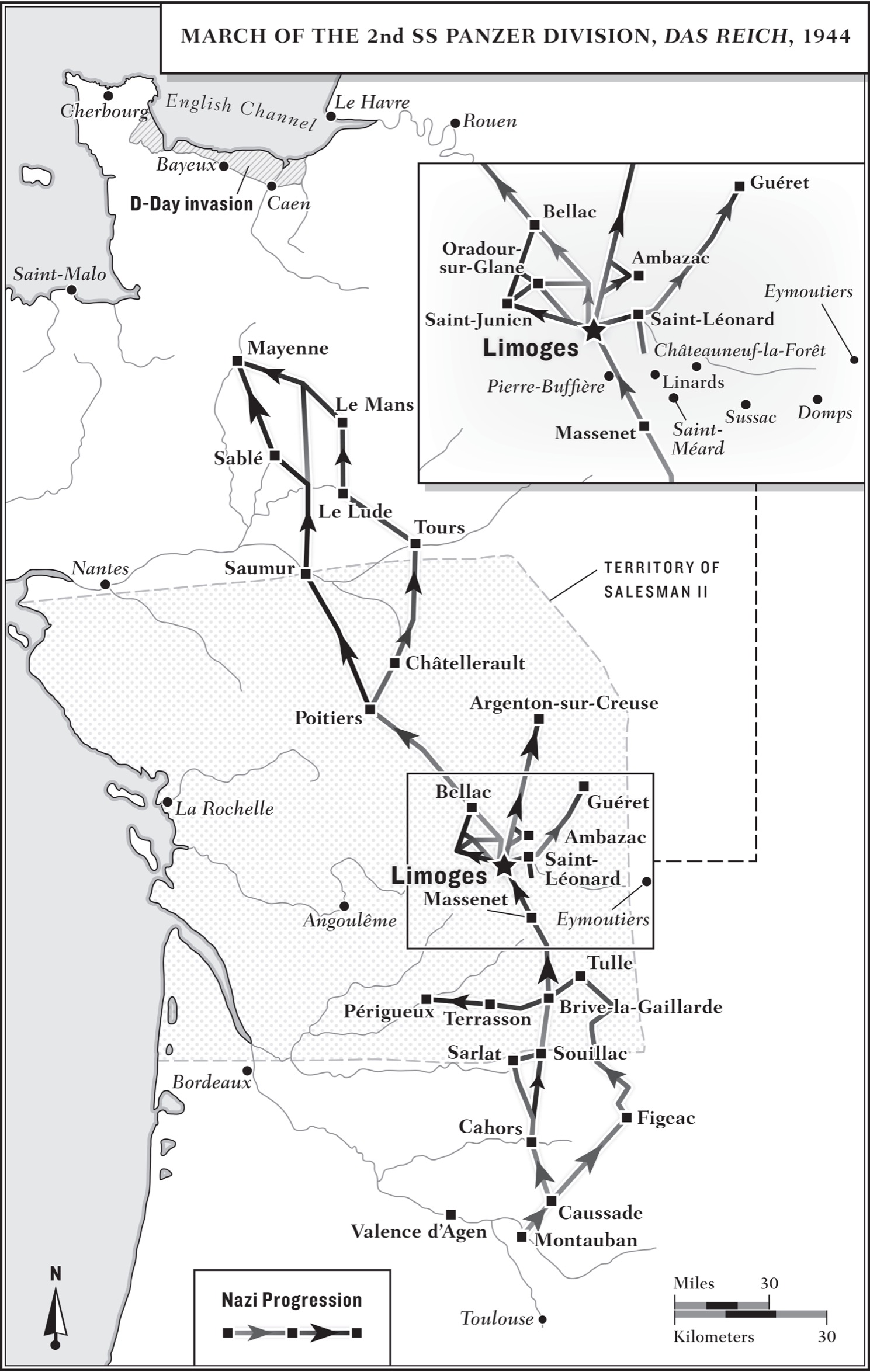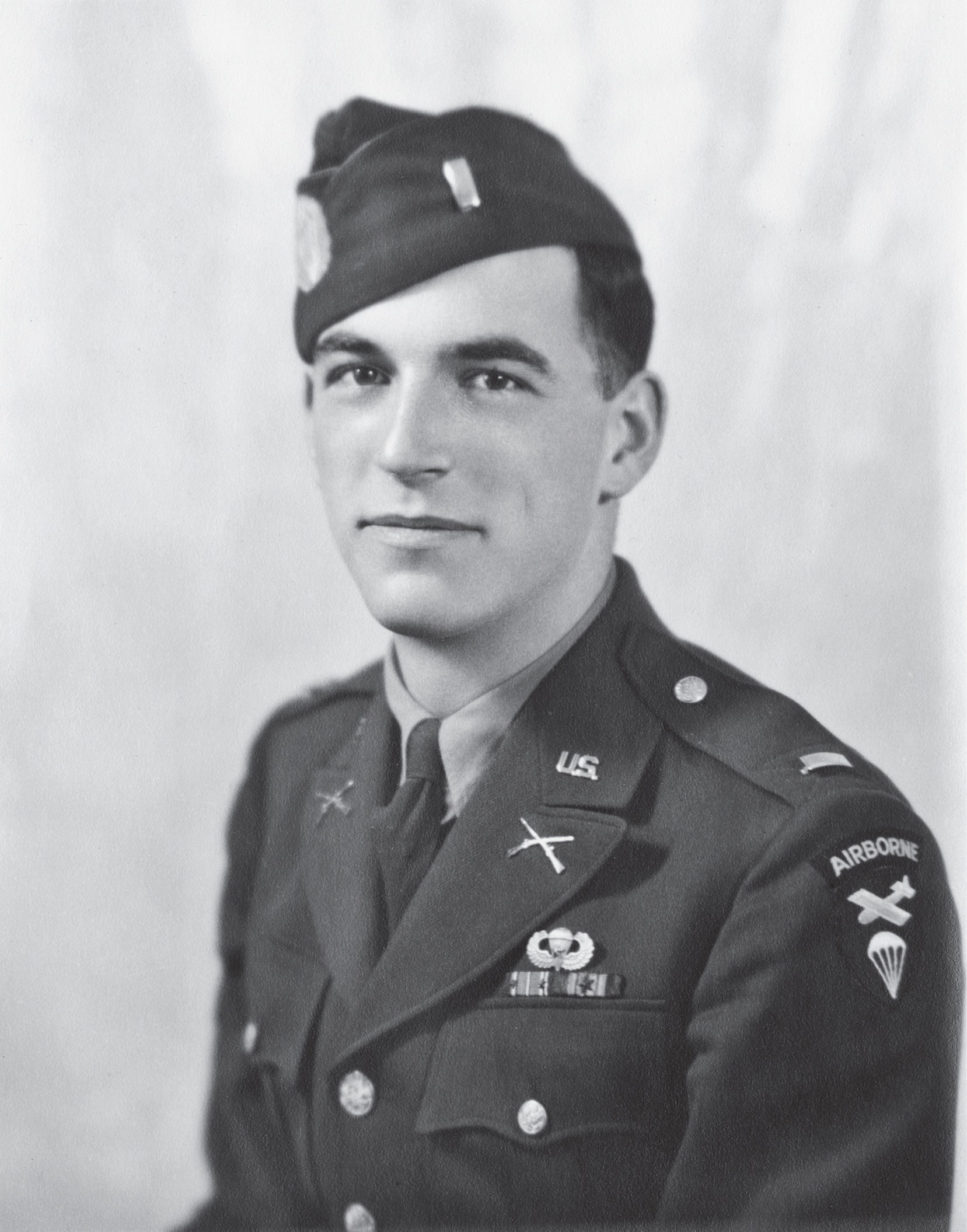Daniel C. Guiet - Scholars of Mayhem: My Father’s Secret War in Nazi-Occupied France
Here you can read online Daniel C. Guiet - Scholars of Mayhem: My Father’s Secret War in Nazi-Occupied France full text of the book (entire story) in english for free. Download pdf and epub, get meaning, cover and reviews about this ebook. year: 2019, publisher: Penguin Press, genre: Detective and thriller. Description of the work, (preface) as well as reviews are available. Best literature library LitArk.com created for fans of good reading and offers a wide selection of genres:
Romance novel
Science fiction
Adventure
Detective
Science
History
Home and family
Prose
Art
Politics
Computer
Non-fiction
Religion
Business
Children
Humor
Choose a favorite category and find really read worthwhile books. Enjoy immersion in the world of imagination, feel the emotions of the characters or learn something new for yourself, make an fascinating discovery.
- Book:Scholars of Mayhem: My Father’s Secret War in Nazi-Occupied France
- Author:
- Publisher:Penguin Press
- Genre:
- Year:2019
- Rating:5 / 5
- Favourites:Add to favourites
- Your mark:
Scholars of Mayhem: My Father’s Secret War in Nazi-Occupied France: summary, description and annotation
We offer to read an annotation, description, summary or preface (depends on what the author of the book "Scholars of Mayhem: My Father’s Secret War in Nazi-Occupied France" wrote himself). If you haven't found the necessary information about the book — write in the comments, we will try to find it.
When Daniel Guiet was a child and his family moved country, as they frequently did, his father had one possession, a tin bread box, that always made the trip. Daniel was admonished never to touch the box, but one day he couldnt resist. What he found astonished him: a .45 automatic and five full clips; three slim knives; a length of wire with a wooden handle at each end; thin pieces of paper with random numbers on them; several passports with his fathers photograph, each bearing a different name; and a large silk square with eight flags, with a message underneath each flag in the language corresponding to it. The one in English read: I am an American. Help me. You will be well paid.
Eventually Jean Claude Guiet revealed to his family that he had been in the CIA, but it was only at the very end of his life that he spoke of the mission during World War II that marked the beginning of his career in clandestine service. It is one of the last great untold stories of the war, and Daniel Guiet and his collaborator, the writer Tim Smith, have spent several years bringing it to life. Jean Claude was an American citizen but a child of France, and fluent in the language; he was also extremely bright. The American military was on the lookout for native French speakers to be seconded to a secret British special operations commando operation, dropping saboteurs behind German lines in France to coordinate aid to the French Resistance and lead missions wreaking havoc on Germanys military efforts across the entire country. Jean Claude was recruited, and his life was changed forever. Though the human cost was terrible, the mission succeeded beyond the Allies wildest dreams.
Scholars of Mayhemtells the story of Jean Claude and the other three agents in his circuit, codenamed Salesman, a unit of Britains Special Operations Executive, the secret service ordered by Churchill to Set Europe ablaze. Parachuted into France the day after D-Day, the Salesman team organized, armed, and commanded a ghostly army of 10,000 French Resistance fighters. National pride has kept the story of SOE in France obscure, but of this there is no doubt: While the Resistance had plenty of heart, it was SOE that gave it teeth and claws.Scholars of Mayhemadds brilliantly to that picture, and further underscores what a close-run thing the success of the Allied breakout from the Normandy landings actually was.
Daniel C. Guiet: author's other books
Who wrote Scholars of Mayhem: My Father’s Secret War in Nazi-Occupied France? Find out the surname, the name of the author of the book and a list of all author's works by series.

